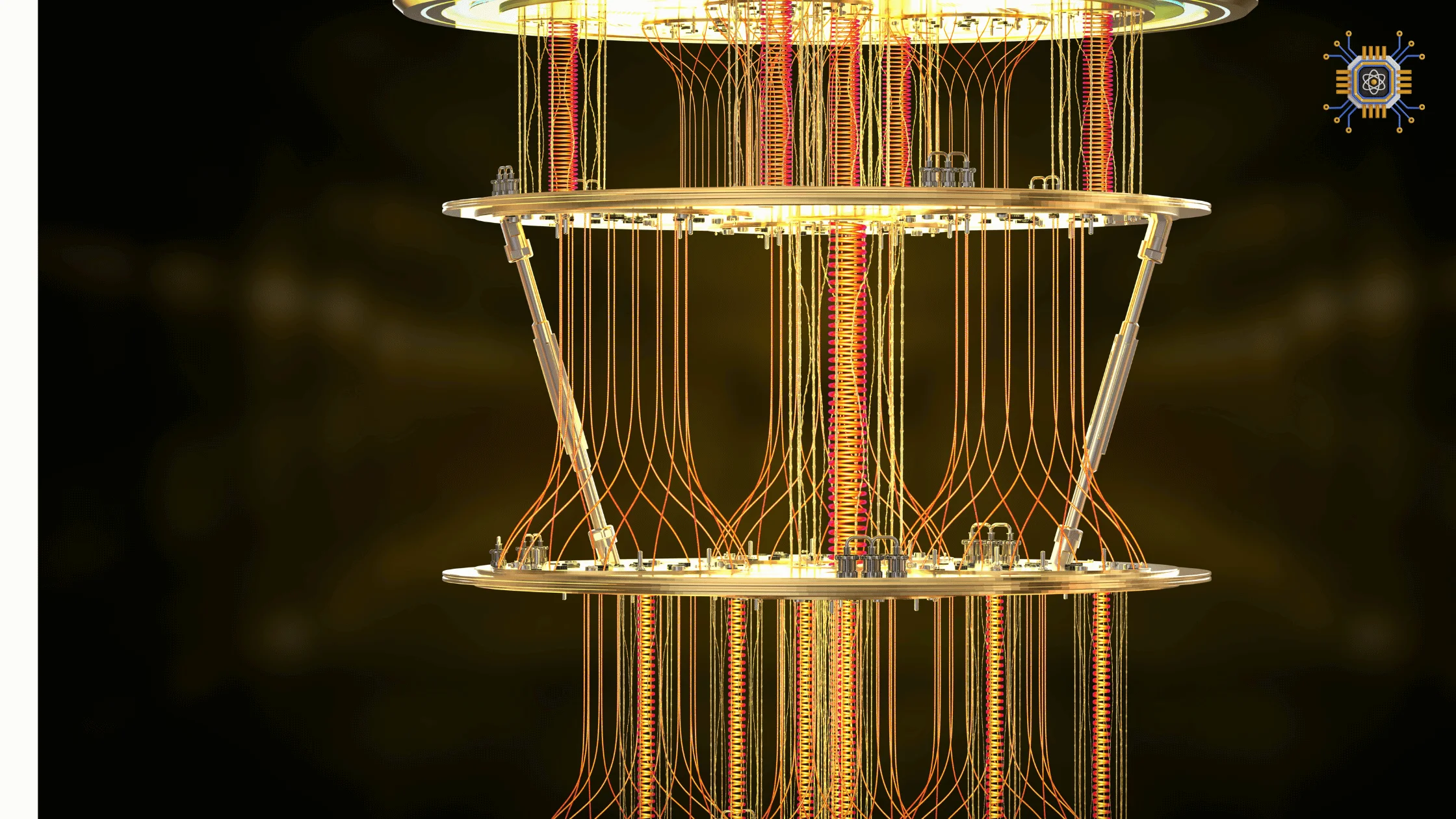Beyond Classical Computation in Quantum Simulation
Published: 16 Jun 2025
One of the most promising prospects for quantum computing is the ability to do quantum simulations. This is mainly because quantum systems are exponentially hard to simulate on classical computers.

With regard to performing simulations, a quantum computer is far more powerful than a classical supercomputer. Systems that are completely described by quantum mechanics can’t be modeled faithfully unless you use a system that also employs quantum mechanics, which means using a quantum computer.
Classical Computation vs. Quantum Simulation
Computers of the classical kind depend on binary digits (bits) for their processing. Each bit is either a 0 or a 1, yet all those bits together can perform a great deal of work. And while using classical simulation techniques, like density functional theory or Monte Carlo methods, has proven quite useful for modeling certain kinds of physical systems, such approaches really hit the wall when trying to deal with strongly correlated quantum problems. These techniques just don’t scale up very well.
In contrast, quantum computers use quantum bits, or qubits, as their fundamental units of computation. These particles can exist in superpositions of states, which is one way that quantum computers achieve massively parallel computations.
Moreover, qubits can be entangled, allowing a quantum computer to represent complex quantum interactions in the ways that classical computers cannot. For these reasons, quantum simulations are among the first applications of this new technology.
Key Areas of Beyond-Classical Quantum Simulation
Electronic Structure Calculations
The realm of quantum computing promises not just improvements but rather dramatic advancements in electronic structure calculations. We’re now able to say that precise solutions of the fundamental equations of quantum physics, without any approximation, are obtainable for huge numbers of simple qubits (quantum bits). These calculations, problem selections, and workings via quantum computers let us tackle extremely challenging tasks.
Quantum algorithms used for this purpose are the variational quantum eigensolver (VQE) and the quantum phase estimation (QPE).
Quantum Many-Body Systems
A fundamental challenge in condensed matter physics is modeling quantum systems that are strongly correlated. This class of models includes superconductors and spin models.
Facilitating the study of quantum phase transitions and topological quantum states that are tough for classical methods to handle, quantum computers make it possible to probe these phenomena.
Chemical and Materials Discovery
The discovery of novel materials with desirable electronic, optical, and thermal properties is aided by quantum simulations.
Possible uses are high-temperature superconductors, novel catalysts, and batteries.
Drug Development and Molecular Dynamics
Bimolecular interactions, enzyme behavior, and protein folding mechanisms are understood through quantum simulations. These simulations provide us with insights into such matters.
This causes rapid drug discovery and makes possible the design of targeted pharmaceuticals.
Quantum Simulation Algorithms
Different algorithms have been developed to take advantage of quantum computing for simulating tasks. They are:
- The standard linear-scaling algorithm
- The Green’s function-based algorithm
- The path integral algorithm
Simulating Hamiltonians
Employs quantum circuits to enact the evolution of quantum states, given certain Hamiltonians, necessary for gaining insight into the physical behavior of our universe.
Methods of Quantum Monte Carlo
When you enhance the techniques of classical Monte Carlo, you get a version that is more quantum and thus better at doing what classical Monte Carlo does (which is statistical sampling) in quantum systems.
The Trotter-Suzuki Approximation
Allows for the use of discrete time steps in a quantum circuit to represent a not-necessarily discrete, and not-necessarily time-independent, Hamiltonian whose time evolution can be approximated by a quantum computer.
Challenges and Future Prospects
Several challenges confront quantum simulations, despite the fact that they have made marked strides.
Computational Accuracy
Computational accuracy suffers because the gates used in quantum computers are noisy and the coherence time of the qubits is too short.
Mitigating and Correcting Errors
The next-generation quantum computers in development today are not using techniques of quantum error correction because they are not yet stable or reliable enough to use. When these next-generation computers are sufficiently stable and reliable, we will be able to use the techniques of error correction that are under development today.
Scalability
The main aim of research is to build large-scale quantum simulators that can outperform classical supercomputers.
Progress in quantum hardware, hybrid quantum-classical algorithms, and advanced techniques in quantum error correction should drive the field forward. Around the world, scientists from diverse disciplines expect to see revolutionary changes in the pace and scope of scientific discovery; these changes will ripple out from the expected advances in quantum computation and, even more profoundly, in quantum simulation.
Conclusion
The shift in computation that is brought about by beyond-classical quantum simulation is allowing scientists and engineers to work on problems that were considered too hard to solve with a computer. And as our technology for quantum computing improves, the simulations we can run with them will provide even more opportunities for breakthroughs in science and industry.

- Be Respectful
- Stay Relevant
- Stay Positive
- True Feedback
- Encourage Discussion
- Avoid Spamming
- No Fake News
- Don't Copy-Paste
- No Personal Attacks

- Be Respectful
- Stay Relevant
- Stay Positive
- True Feedback
- Encourage Discussion
- Avoid Spamming
- No Fake News
- Don't Copy-Paste
- No Personal Attacks





